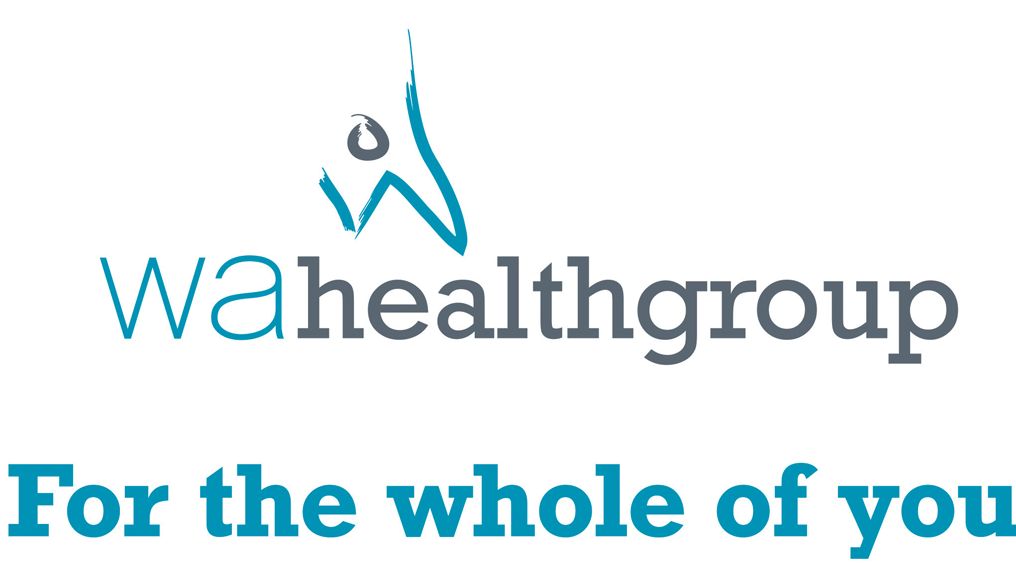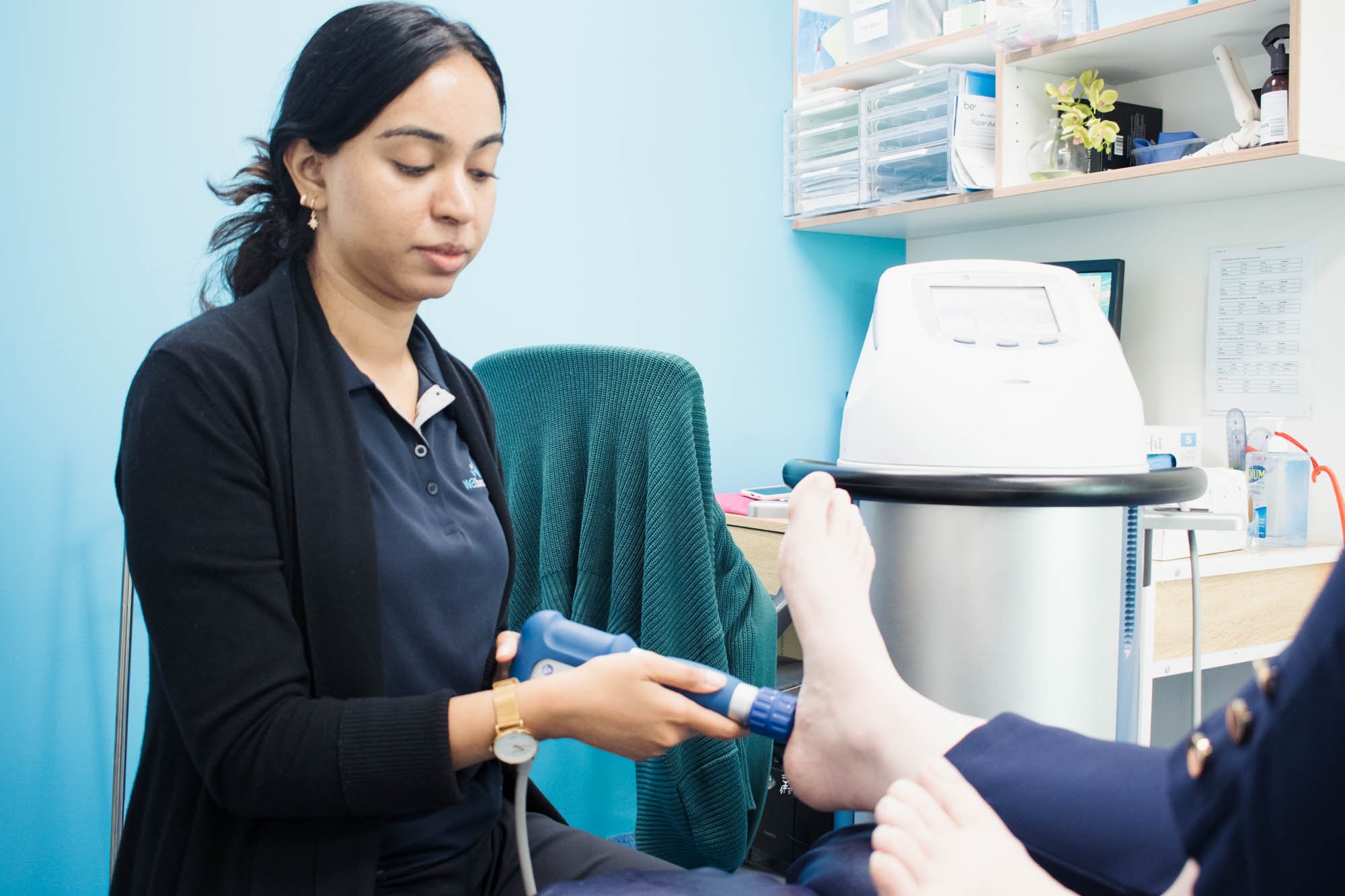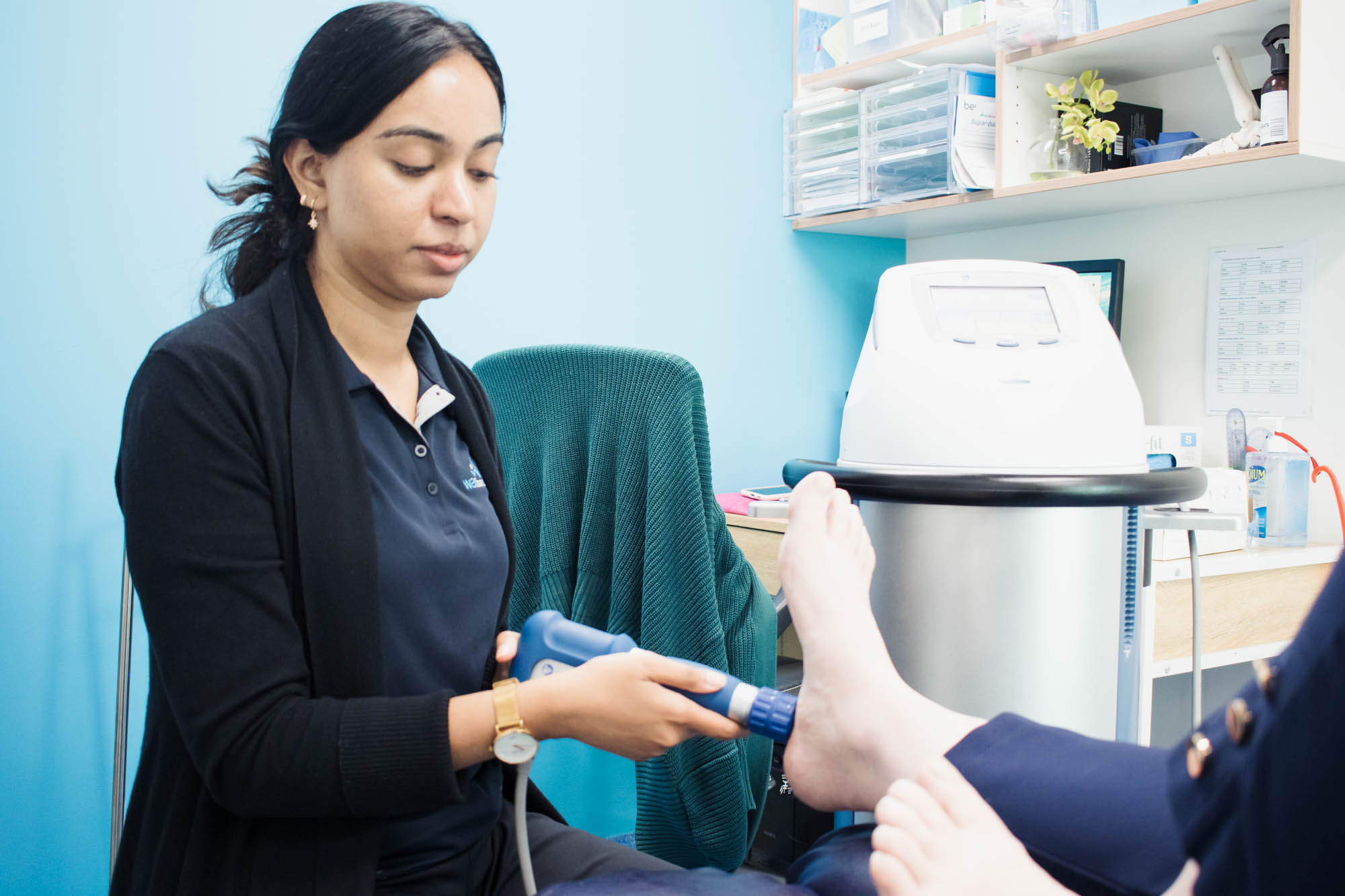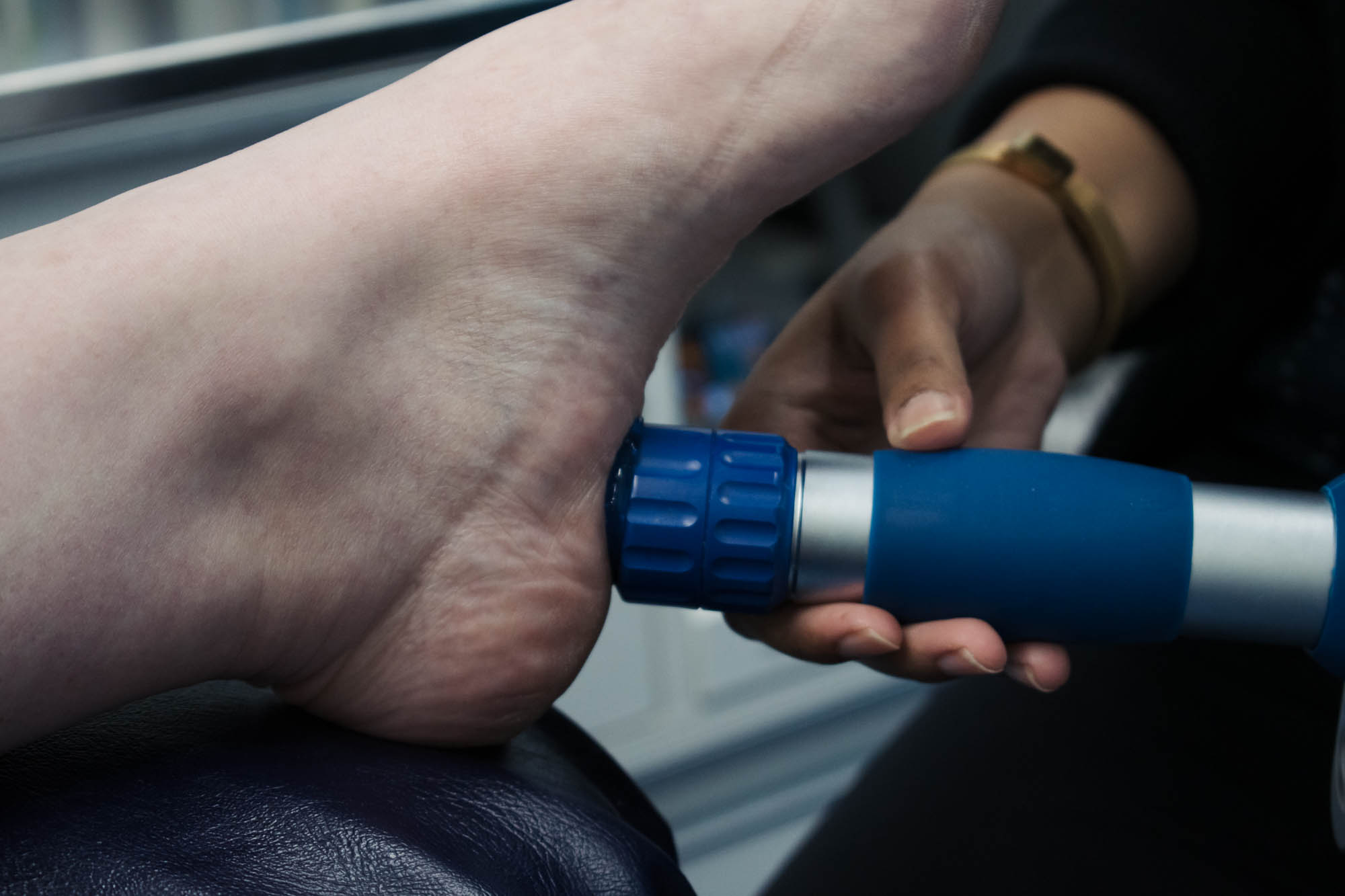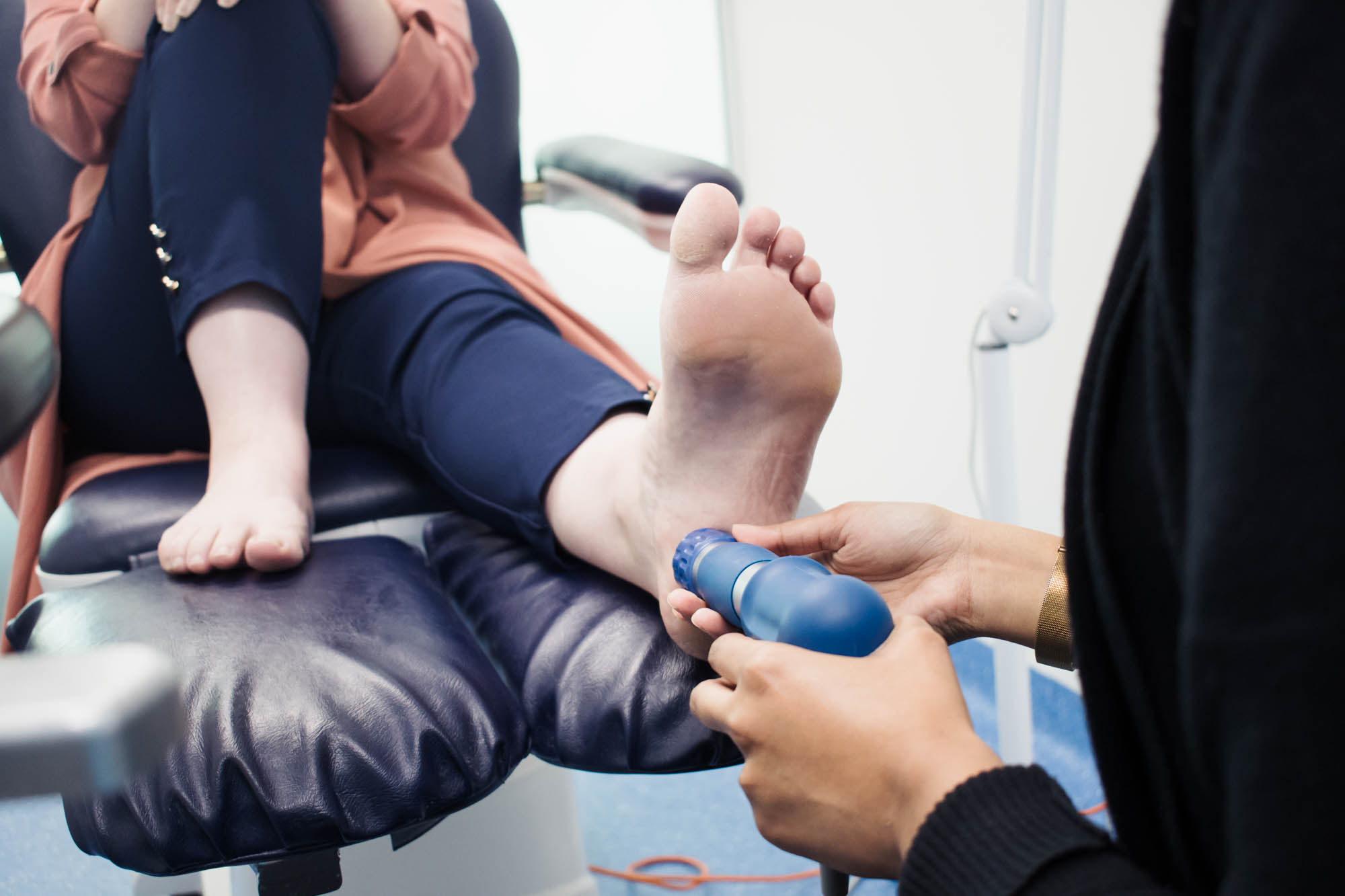1. Do I need a referral for Shockwave Therapy?
No referral is required for standard appointments, but some funded programs may need one. You can check with your GP or health fund if unsure.
2. Is Shockwave Therapy suitable for all types of pain?
Not always. Your clinician will assess your symptoms to determine whether Shockwave Therapy is appropriate or if another approach is better.
3. Does Shockwave Therapy hurt?
Some people may feel discomfort during treatment. Your clinician will adjust the settings to keep it within a tolerable range.
4. How many sessions will I need?
This varies based on your condition, severity, and response to treatment. Your clinician will discuss a plan that suits your needs.
5. Can I continue my normal activities after treatment?
Your clinician will advise you based on your specific condition, symptoms, and activity level.
6. Are there people who should not have Shockwave Therapy?
Yes. Your clinician will ask about your medical history to identify any contraindications and ensure the treatment is safe for you.
7. Is Shockwave Therapy covered by private health insurance?
Coverage depends on your health fund and the type of appointment. Our reception team can help you understand your options.
8. Does Shockwave Therapy replace exercise or rehabilitation?
No. It is usually used alongside exercise-based care, load management, or other strategies recommended by your clinician.
9. Who will provide the treatment?
Shockwave Therapy is performed by trained physiotherapists or podiatrists working within their professional scope.
10. How do I book a session?
You can book online, by phone, or in person at any WA Health Group clinic.
